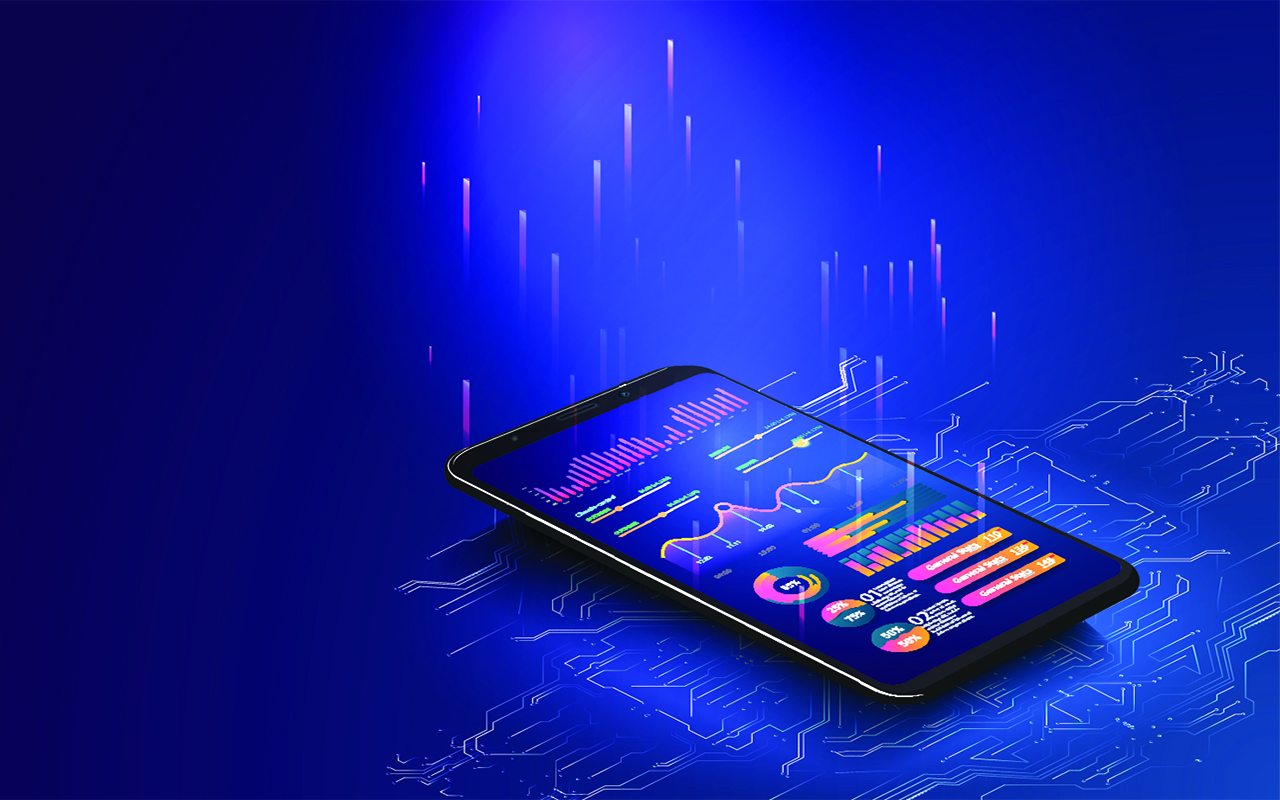
San Diego, Calif., May 19, 2020 -- Engineers at the University of California San Diego have developed a remote monitoring platform for patients who have tested positive for COVID-19 but aren’t in need of hospitalization. The system is being tested by patients in a clinical trial at UC San Diego Health. It is intended to help health care teams prioritize more critical patients, while also providing data on which symptoms are most indicative of healing or further progression of COVID-19.
Currently at UC San Diego Health, patients who test positive for the virus but aren’t in need of hospitalization are sent home to recover, with care team members calling patients daily to monitor symptoms and determine whether additional interventions are necessary.
However, not all health systems have the resources and capacity to support such an effort.
With the eCOVID remote monitoring platform, that process is automated. Patients use a wearable Engineers at the University of California San Diego have developed a remote monitoring platform for patients who have tested positive for COVID-19 but aren’t in need of hospitalization. The system is being tested by patients in a clinical trial at UC San Diego Health.device to continuously monitor vital signs such as heart rate and oxygen saturation levels, as well as activity and sleep levels. They also complete a daily questionnaire about their symptoms, such as fatigue, cough and shortness of breath, using the eCOVID app.
This information is automatically transmitted to a secure dashboard that health care providers can monitor; the app and dashboard are interactive – providing guidance and alerts to both the care team and patients, as well as receiving feedback from the care team. This can reduce anxiety for patients who are healing as expected, and allows the health care team members to focus more attention on patients in greater need.
 |
| Professor Sujit Dey, director of the UC San Diego Center for Wireless Communications, and lead of this remote monitoring platform. |
“We wanted to jump in and help in a real translational way,” said Sujit Dey, professor of Electrical and Computer Engineering at UC San Diego, director of the UC San Diego Center for Wireless Communications, and lead of this remote monitoring platform. “We looked to see what technology we had in our arsenal that we could repurpose to help the COVID-19 patients and the health care workers treating them.”
The technology behind the eCOVID app derives from a similar virtual system Dey and colleagues developed to monitor and provide personalized care for hypertensive patients, using machine learning to better understand which health behaviors were most impactful to personalized blood pressure levels. The information was used to provide behavioral guidance.
A team of engineers worked with physicians at UC San Diego Health to repurpose this system to one capable of alleviating some of the additional workload health care personnel face with the COVID-19 pandemic, while also contributing to positive patient outcomes and a global understanding of the virus.
"The eCOVID app provides us with concrete information daily regarding each patient’s clinical status, allowing us to prioritize who needs to be personally contacted that day,” said Dr. Michele Ritter, an infectious diseases specialist at UC San Diego Health and director of the COVID-19 telemedicine clinic, who collaborated with the engineering team on the eCovid app. “It also gives patients peace of mind knowing that they are being monitored and can quickly convey any changes in their status to our COVID team."
In a second phase of the project, Dey plans to use machine learning algorithms and data from the patients’ vital signs, health behavior and self-reported symptoms to try and understand if changes in certain vital signs and behaviors can indicate an expected change in symptoms and a patient’s condition. This could lead to more predictive and effective care. They’ll also try to determine if certain symptoms are more indicative of a severe case of infection than others. This could result in more personalized care, and even preemptive hospitalization before the situation becomes dire, which could improve patient outcomes and give hospital systems time to prepare and allocate resources.
The app can be scaled to other health systems as well, which may not have the resources to conduct daily check-in calls.
“If done properly and in collaboration with physicians, virtual monitoring platforms such as the eCOVID system can provide great benefits for health care systems,” said Dey. “Not only for COVID-19, but for many ongoing and common health issues, being able to monitor a patient’s status continuously and engage with them by providing personalized guidance and care is an ideal solution.”
